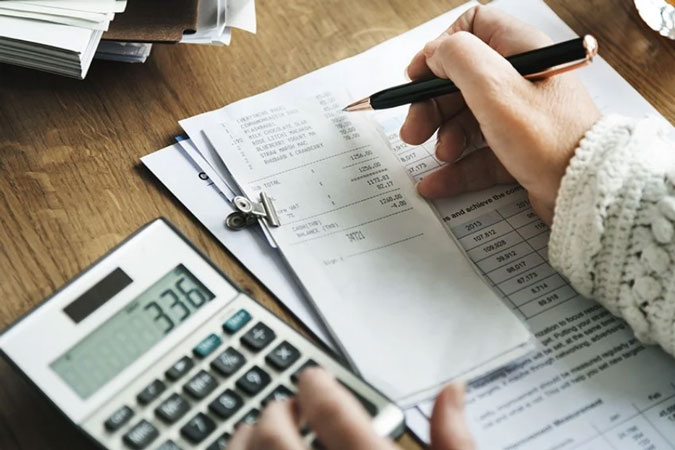Tax Refund: An Overview
Getting a tax refund is often a cause for a joyous celebration. In actuality, however, they often indicate that you have made a mistake by paying more income tax than was required. You are eligible for a refund of any extra money you have paid to the federal or state government. You may prevent overpayment of employee taxes by accurately filling out employee tax forms and calculating or amending deductions in a more precise way.
Why You Get a Tax Refund from Both the State and the Federal Government
Taxpayers may be eligible for refunds due to various factors, but in other instances, they may owe money to the government. When you are recruited at your employment, you must fill out a W-4 form to report your tax information. You were required to designate on that form the amount of tax that would be withheld from each of your taxes.
When taxpayers have too much money taken out of their paycheck during the year, they are eligible for a refund at the end of the year. If you overspend your anticipated taxes, you are eligible for a tax refund if you are self-employed. You may believe that this additional income is free, but, in reality, it is more analogous to a loan you gave the Internal Revenue Service (IRS) without imposing any interest on the loan. On the other hand, if you underestimate the amount of money that must be paid in taxes, you will owe money to the government.
Refunds From Tax Credits
You could be eligible for a tax refund, which is different for most taxpayers who don't owe taxes when they file their returns. The following is a list of the four most important tax credits that might lead to a refund for you:
Child tax credits
The child tax credit will return to its previous $2,000 per qualifying dependant beginning in 2022. Although it was greater in 2021, this was only a temporary increase brought on by the COVID-19 pandemic. This rate, up to $1,500, maybe refunded on a dollar-for-dollar basis.
Earned income tax credit
The Earned Income Tax Credit is available to taxpayers who have a low to moderate income and has the potential to entitle them to a refund. This credit lowers the amount of taxes the taxpayer is responsible for and decreases the amount the taxpayer owes.
American opportunity tax credit
AOTC is a deduction that taxpayers may claim to reduce the amount of taxes owed for qualified higher education expenses. Each student will get a yearly credit equal to $2,500. Suppose the credit reduces your tax burden to zero. In that case, the Internal Revenue Service will refund up to forty percent of any amount of the credit that is still outstanding (up to a maximum of one thousand dollars).
Premium tax credit

A premium tax credit (PTC), which decreases the cost of affordable health insurance, may be offered to families with low to moderate incomes if they qualify. These health plans must be chosen from those made available via the various state and federal exchanges. If you utilize fewer benefits than what you are eligible for, you may be eligible to obtain a refund for the difference.
The Tax Refund Process

By submitting a yearly tax return, you may submit a request to the government for a tax refund. This document reveals how much money you made, your expenditures, and any other relevant information for tax purposes. In addition, it may assist you in determining the amount of back taxes you are owed, arranging the timing of your tax payments, and submitting a claim for a refund if you have overpaid.
After receiving your tax return and processing the information, it contains, the government will formally authorize your request for a refund before handing you the money. How you file your taxes may impact how quickly you get your tax refund.
It typically takes fewer than 21 days for the Internal Revenue Service (IRS) to issue refund checks for tax returns submitted electronically; however, it may take 12 weeks for the checks to be cashed. Refunds for tax returns submitted on paper often come between six and eight weeks after the return was submitted. You may have asked yourself, "Why is it taking so long for my tax refund to arrive?"
Errors, governmental spending restrictions, and tax preparers who are overworked may all contribute to delays. Because the timetables that the IRS offers are merely estimates, it is usually not a good idea to use a refund to make an essential payment or purchase before it arrives. In some circumstances, you may need to apply for a loan against your anticipated tax refund. Sure, you'll receive your money sooner. However, as a result of this, you can be required to pay a significant fine in addition to interest on the debt.


